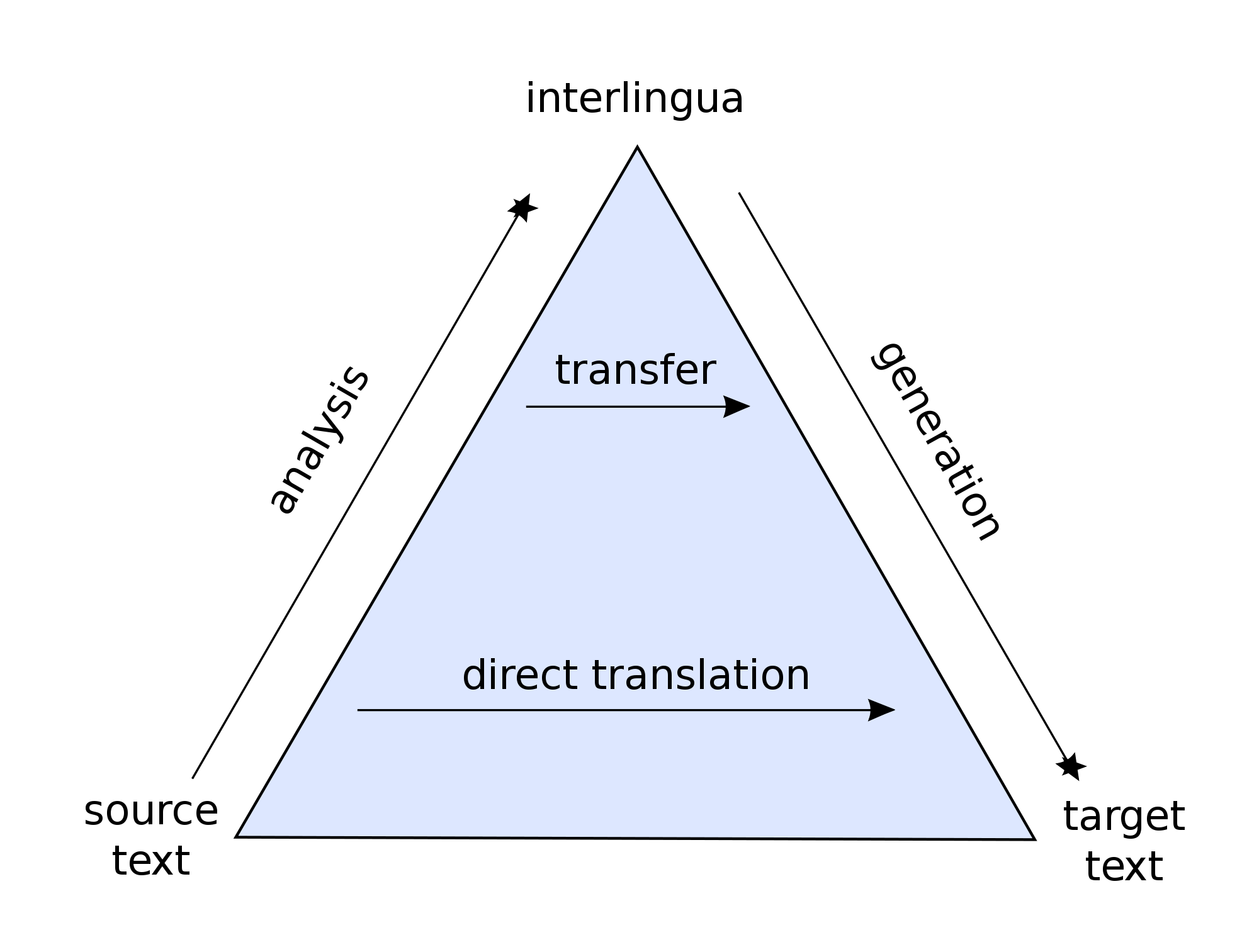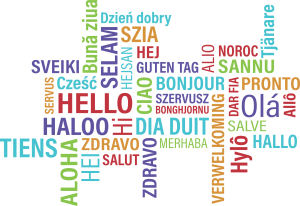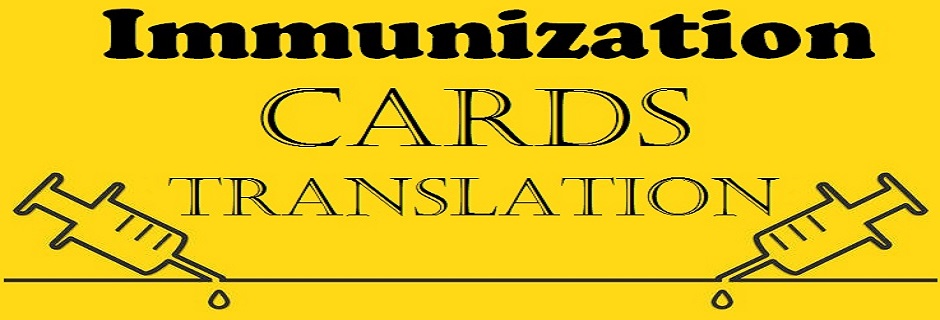When was the last time you watched an interview? Did it have captions? If that’s the case, someone likely used a company that offers Interview Transcription Services.
People conduct interviews for many different reasons. Some of the most popular types of interviews that are sent to interview transcription services include TV interviews (particularly interviews for news programs), academic interviews (for instance, a professor conducting field research might conduct interviews in order to recognize specific trends) and oral history interviews (in an oral history interview, a person is asked questions about their life and their family’s history in order to capture details for posterity). Once people have conducted an interview, many decide it is important to have their interview transcribed. There are three primary reasons people make this decision:
1. Interview Transcription Services – Insight
It’s very difficult to recognize and understand every last detail of an interview until you can pour over the transcript. Not only is it useful to be able to review what was said simply because increased exposure leads to better understanding, but because, in trying to understand what was said and perhaps purposefully not said (i.e. “reading between the lines”), it so important to be able to examine the text at your own pace. Additionally, with an interview transcript, you can even run sophisticated text analysis software on the transcript that will tell you which words are the most popular, at which grade level the interviewee speaks, whether or not the interviewee might be obfuscating (purposefully withholding the truth), etc.
2. Interview Transcription Services – Increased Traffic from Search Engines
While adding recordings of audio interviews to your website is a great way to boost user engagement, those recordings and other audio files cannot be indexed by search engines, because search engines do not know what they contain. Of course, you can add text descriptions to your website’s audio files, but those alone are still insufficient. In order to ensure that the content of your interviews can be indexed by search engines, you will need to post text transcripts from a company that offers interview transcription services to your website. Search engines will then crawl your website and send traffic to your site, as people search for keywords contained within your interviews.
3. Interview Transcription Services – Accessibility
Audio versions of interviews are not a viable means of communicating information to the segment of the population that is hard of hearing. To ensure that your content is accessible to as many people as possible, it’s crucial that you provide transcripts of interviews from a company that offers interview transcription services to your visitors.
Interview transcription is the process of documenting a conversation between two or more persons. It can be done in real-time or from a recording.
The process sounds simple enough but believes us when we tell you that it is one filled with a myriad of obstacles. Not only that, but it requires someone with a lot of skill to carry out accurately and effectively.
In this article, we will discuss why this type of transcription is necessary, how it is carried out, and the challenges faced.
Why it’s necessary
Transcribing interviews may seem unnecessary. Why take out time to note down a conversation when you could just record it?
The answer to that question revolves around two things; accuracy and timeliness.
Whether qualitative or quantitative research, your research is nothing if data is not accurately sourced for, recorded/documented, and preserved. This is the reason why researchers who get their data from mostly interviews should document their interviews.
In qualitative research, one of the main sources of data is interviews. And to ensure that research carried out is accurate, documenting the data gotten cannot be emphasized enough. This may be done either by recording or writing transcripts.
On the surface, recording the interviews may seem like a faster and easier choice of documentation. But here are 3 reasons why written documents are better.
Eases research process: by transcribing your audio files you automatically make your research process easier. Going through the interview becomes less tiresome. Since you can just search for the keyword you need in the document.
It also encourages the interviewer to give complete attention to the interviewee. During interviews, the interviewer may note down the answers to their questions in an attempt to keep track of them. This can affect the listening process as the interviewer is more interested in noting down answers rather than listening to them.
Recording interviews for transcription allows the interviewer to concentrate on the interview. As the final text document will take the place of interview notes.
Saves time: research projects are very time-consuming. Transcribing your audio can shorten the time you spend on the field. This is because it is easier to scan through a written document than an audio file. Taking away the need to repeatedly watch or listen to the video every time we have to confirm something.
Improves accuracy: when you transcribe your interviews, you are no longer at the mercy of your memory. You can confidently quote something the interviewee said. You can even copy and paste it for easier reference to what you’re saying.
A written transcript at hand helps you conform to the standard protocol of qualitative research which is credibility, context, and transferability.
How it’s done
There are two methods employed in transcribing interviews. Naturalized and denaturalized transcription.
Naturalized transcription involves transcribing every detail possible. Pauses, cough, laughter, and even identifiable noises are included in the final document. It is referred to as “talk-in-interaction”.
Some people might think noting every single thing in a conversation is unnecessary but there’s a method to this madness. For conversation analysts, it is important to have all these details.
Conversation analysts are interested in the talk, unlike their counterparts critical discourse analysts who are interested in what the talk says about the participants’ life.
They need to carefully observe how people take turns when talking to each other, how their speech overlaps, and any patterns that may exist.
Denaturalized transcription strives to follow verbatim transcription as well but without including all the factors that don’t add to the conversation. It isn’t concerned with all the sounds and involuntary changes in accents.
For denaturalized transcription, accuracy is a matter of substance. How well you are able to capture the meaning behind a conversation.
Critical discourse analysts are fond of this type of transcription because they are after what the conversation can reveal.
Problems faced
The thing about transcription is that everyone’s experience is different. What Mr. A finds challenging during transcription might not be what Mr. B finds difficult. Despite this fact, some challenges are general. They occur almost every time transcription is done by anyone in the world.
All these problems are rooted in one main problem; audio quality. The quality of the source audio file determines how easy or how difficult the transcription process will be.
Imagine your friend sends you a voice note on WhatsApp and you can’t hear it. You take your volume up to its maximum capacity and it’s still barely audible. Even with earphones.
If you’re familiar with this situation then you’re familiar with the first challenge in audio transcription – poor volume. When the volume of the source file is poor, it’s difficult to hear what they are saying in it. And you cannot transcribe what you cannot hear.
We all have that one friend who always interrupts us when we speak. Every 2 words from you are met with 5 words from them. It can be annoying. Imagine how it feels to find a way to put that down on paper. Overlapping speech is another problem faced during transcription.
Another two problems faced in transcription is that of mispronounced words and unintelligible words. This is caused by people’s accents. Everyone has one and nobody can blame you for pronouncing words the way you do because of them. Unfortunately, it makes for a difficult transcription process.
Why Choose Us?
Transcribing your work comes with tons of benefits. The main three discussed in the article is that:
It saves time, eases the research process, and helps you follow the research protocol.
Our trained writers are able to work around any challenges that might come up during the transcription process such as working with low-quality files.
We are guaranteed to deliver accurate work within a short space of time according to your requirements. All for a very affordable fee.
Find out why our services are rated among the easiest, most accurate, and most cost-effective transcription services in the industry. Get started with our transcription services today and enjoy hassle-free research.
Ms. Koo is the Lead Manager at TranslationServices.sg, an acclaimed company that offers a range of transcription services, including interview transcription services. Audio Transcription Services is known for its accuracy, speed and superb customer service






